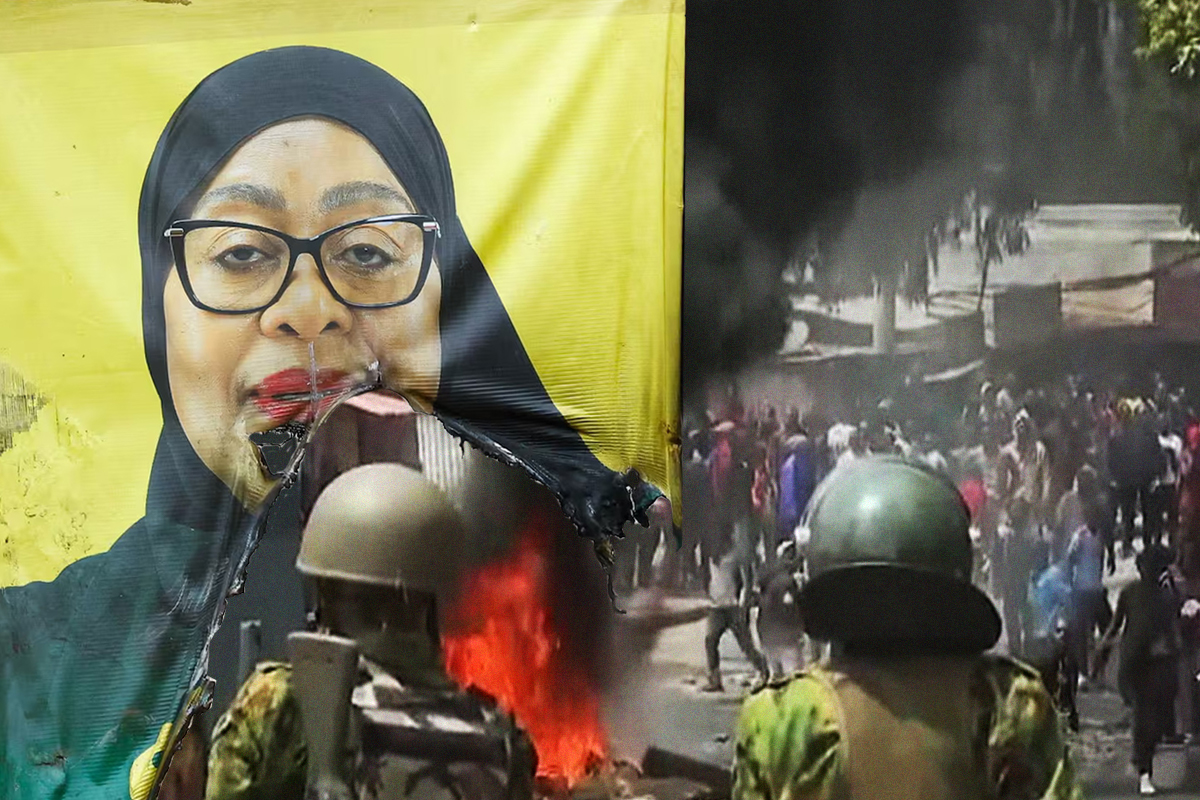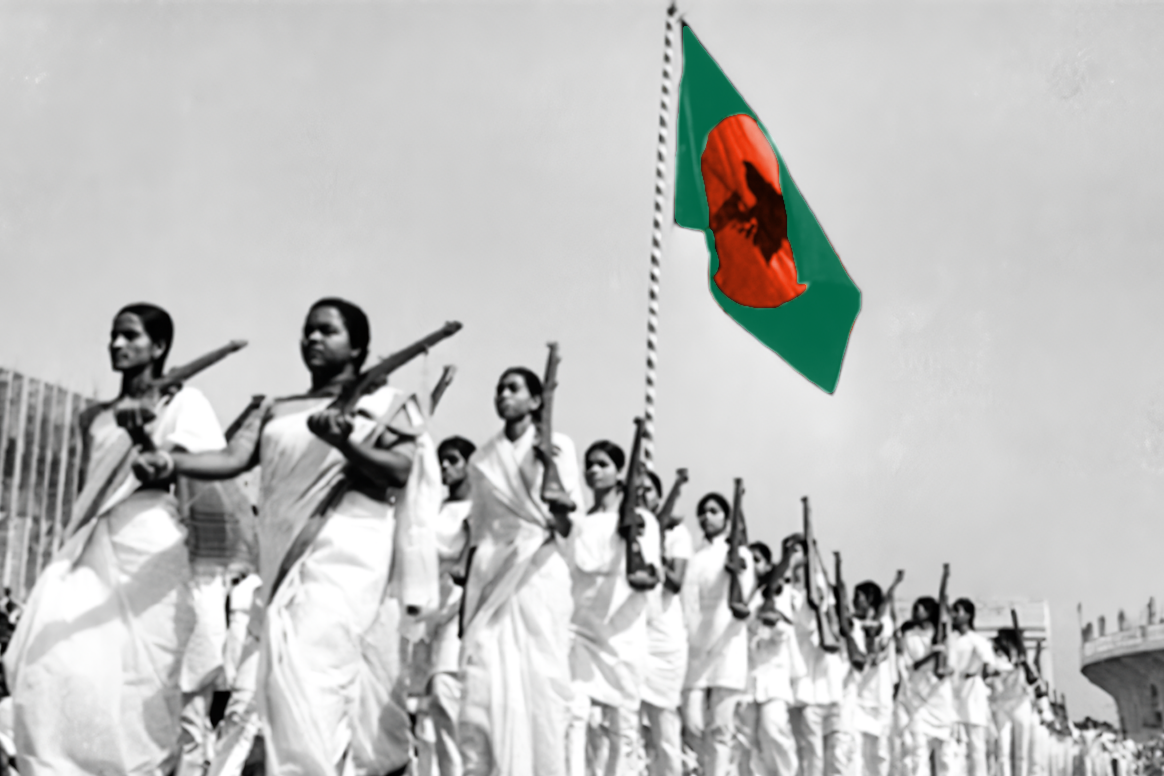[Josh Holroyd, 11 November 2025 – originally published on marxist.com]
For two months the Islamist group, Jama’at Nusrat al-Islam wal-Muslimin (JNIM), has maintained a fuel blockade around the Malian capital of Bamako. Despite attempts to secure supply routes by the Malian military, Islamist attacks on tankers transporting petroleum from Senegal and Ivory Coast (officially Côte d’Ivoire) have severed much of the supply of fuel to Bamako and other important cities in the south of the country.
As a result, schools in Bamako were closed for two weeks from 27 October, and businesses have been forced to close due to lack of fuel for electricity generators. Residents are forced to wait for days to buy fuel at spiralling prices. The lack of fuel has reportedly begun to affect the military as well, with its ability to carry out long-distance operations significantly reduced.
This is without doubt the most serious crisis faced by Mali’s military government, which seized power and then broke decisively from the orbit of western imperialism in 2021. Its fate may be decided in the coming weeks. Any victory for the Islamists will have reactionary consequences for the entire region.
Islamist terror
Mali has been affected by Islamist insurgency since 2012, following the intervention of western imperialism in the Libyan Civil War. The fall of Gaddafi in 2011 resulted in the flow of arms and fighters into Mali, where the separatist struggle of the Tuareg people was opportunistically hijacked by Islamists affiliated to Al-Qaeda.
France intervened directly in 2013, eventually establishing a force of over 5,000 troops. By 2020, a combined total of 20,000 French and UN troops were stationed in Mali. However, in spite of this, Islamist groups linked to both Al-Qaeda and Islamic State had succeeded in spreading their reach from the remotest parts of northern Mali to cover up to 70 percent of the country.
They had also begun to seize control of territory in Burkina Faso and Niger, leaving a trail of massacres, looting and abductions. Women in villages taken by JNIM and other groups were either drafted into forced marriages or simply taken as sex slaves. To date, 30,000 have been killed and around four million displaced across the region as a result of this insurgency.
Break with the West
The complete failure of the Malian state and its imperialist backers to stem the tide of Islamist attacks contributed to the accumulation of intense rage amongst ordinary Malians. This rage exploded to the surface after the corrupt ‘democratic’ government of Ibrahim Boubacar Keïta attempted a constitutional coup in the spring of 2020.
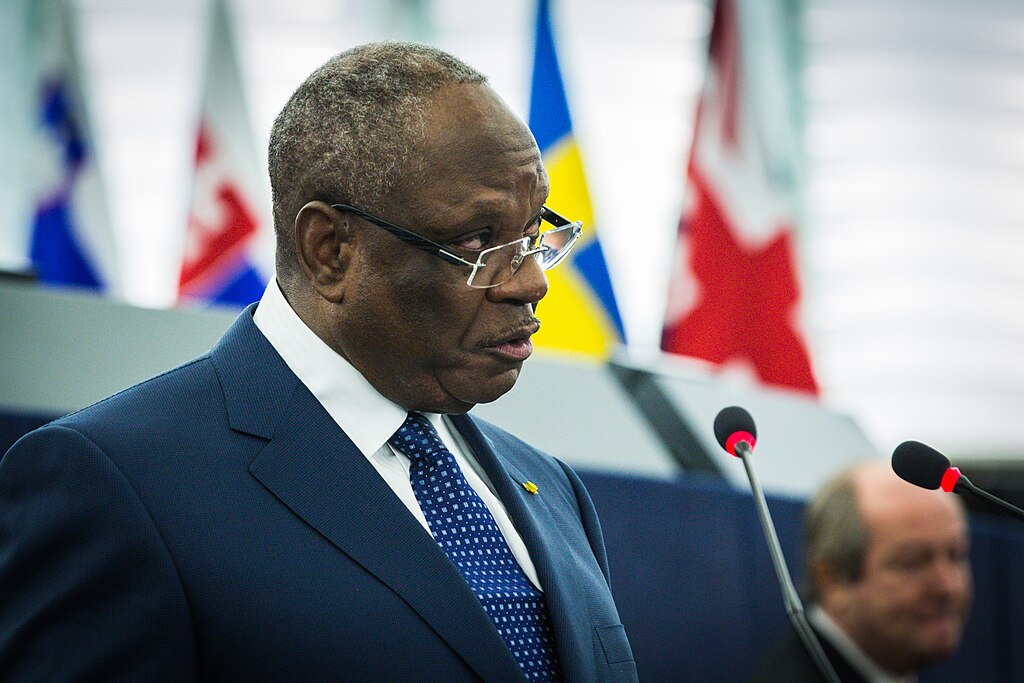
After months of mass protests, Keïta was overthrown by the military in August 2020, which then established a transitional government. But only nine months later, this government was itself overthrown by another coup, led by Col. Assimi Goïta.
Goïta’s coup was celebrated not only within the army but also on the streets by the M5 protest movement, which had played a major role in the overthrow of Keïta in 2020. This was because the transitional government had remained tied to the same domestic elite and foreign powers as Keïta, meaning it was neither willing nor able to address any of the demands of the masses.
France suspended all military co-operation with Mali, whilst it maintained troops in the country. Further, Mali was suspended from the West African regional bloc, ECOWAS, and economic sanctions were placed on the state.
Instead of backing down, Goïta dug in, insisting that French forces withdraw completely from the country as quickly as possible. He then visited Moscow and invited mercenaries from the Wagner Group to help the Malian Armed Forces combat the Islamists. By the end of 2021, Wagner troops had begun to arrive.
The combination of severe crisis, western pressure, and alternative offers by rival powers had pushed the coup regime to carry out a radical break from the past. And once this had been accomplished, the Malian ‘model’ itself became a pole of attraction.
A similar process unfolded in Burkina Faso in 2022, and Niger in 2023, eventually leading to the establishment of the Alliance of Sahel States (Alliance des États du Sahel, or AES) by the three nations in September 2023.
Anti-imperialist turn
On coming to power, the military governments that make up the AES promised genuine national sovereignty and economic development to address the crisis conditions faced by the masses, as well as the military defeat of the Islamists. This was met with enormous popular support, not only in their own countries, but in many parts of Africa.
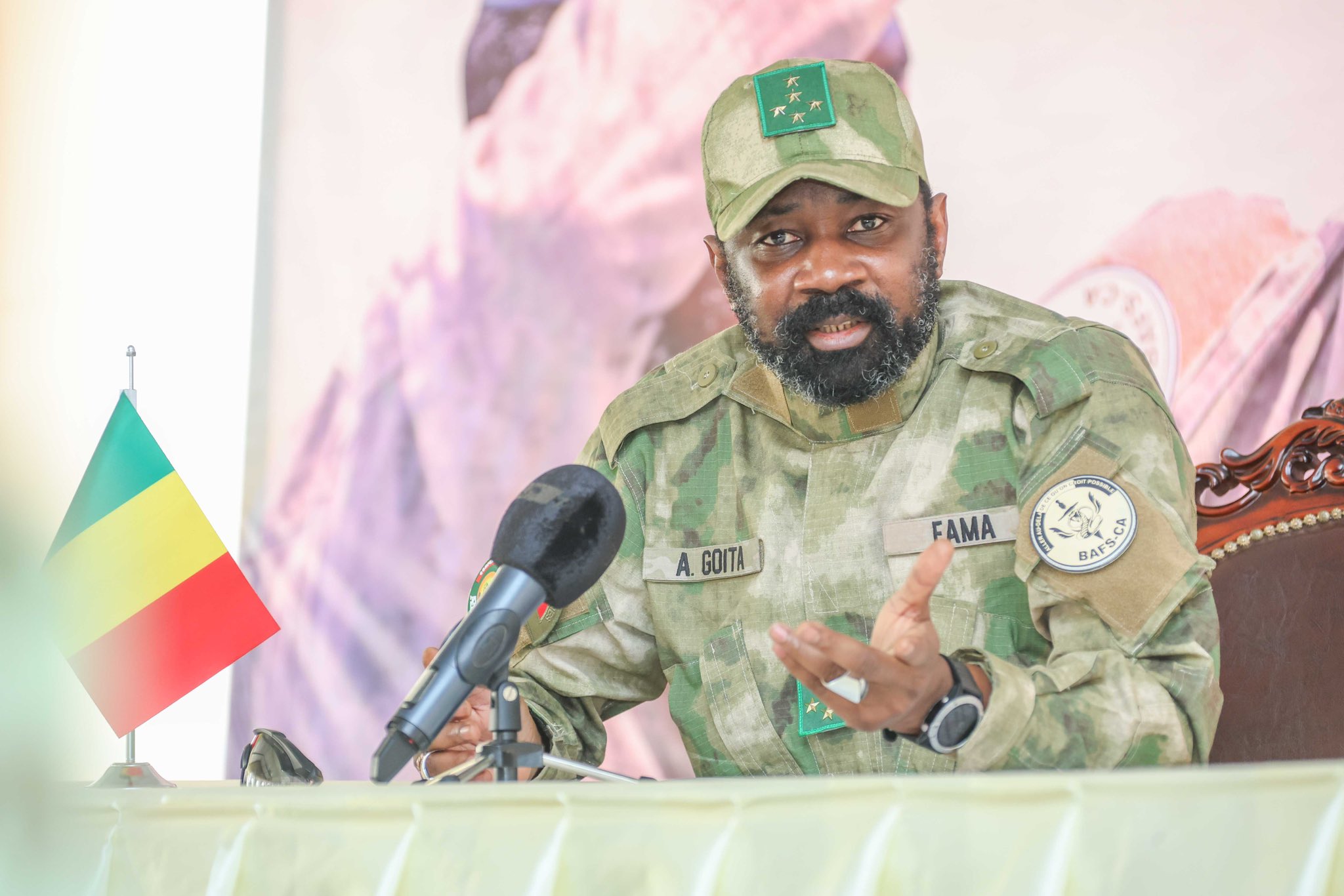
This anti-imperialist turn involved increasing pressure on foreign multinationals. All three states have passed new mining codes, which oblige all foreign mining companies to pay higher royalties under threat of losing their licences.
When Canada-based multinational, Barrick Gold (the biggest gold miner in the world), refused to pay the new rates, Goïta’s government seized three metric tons of gold from the company’s Loulo-Gounkoto mine; the state blocked all gold exports from the mine; and several Barrick employees were detained. Now, day-to-day operations at the mine have been taken over by the state, while negotiations are taking place.
The struggle of any oppressed nation to liberate itself from imperialist domination is to be welcomed and supported by the working class of all countries, and above all workers in the West. But it must also be remembered that all of these regimes remained firmly based on the capitalist system, albeit with greater state intervention.
Unlike anti-imperialist regimes of the post-war period, their model has been the bourgeois-Bonapartist regimes of Russia and China today, not the USSR or Cuba. And precisely because Mali’s struggle against imperialism is being led by a bourgeois-Bonapartist dictatorship, with the Malian workers and peasants kept firmly out of power, this imposes serious limits on what can be achieved. These limits have now been reached.
Capitalist barbarism
The truth is that in spite of enhanced military spending and complete control of the state by the military, Goïta’s government has been unable to defeat the Islamists. And this failure was made inevitable by the cold hard logic of capitalism in the region.
Long before the coup in 2021, JNIM skilfully exploited the weakness of the state, which was built into modern Mali’s foundations on so-called ‘independence’. In the remotest parts of the country the state is almost completely absent. Hence the Islamists have been able to step in as mediators in disputes over land and cattle, and offer mafia-style ‘protection’.
By these means the Islamists succeeded in occupying the border regions between Mali and its neighbours, financing themselves through taxing villages, drug trafficking, cattle raiding, and the exploitation of local mines. This would not be possible without the capitalist world market, both in its ‘legitimate’ and ‘black’ forms.
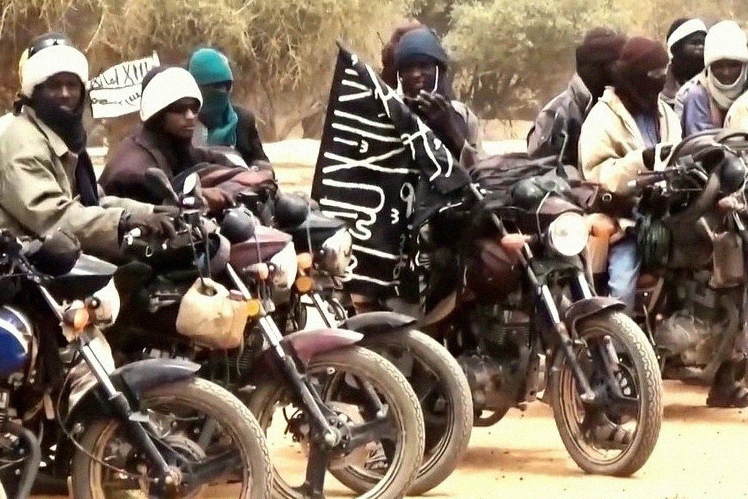
Cattle trading represents a significant part of the economy in countries in Ghana and Ivory Coast. Agricultural capitalists in these countries make sizeable profits from dealing in stolen cattle from Mali and Burkina Faso. This effectively allows rebel groups to ‘launder’ their stolen gains.
Likewise, the rising demand for gold has made the smuggling of gold from rebel-controlled mines especially lucrative. All of the money made by these means allows for the purchase of arms and supplies, including commercial drones which they have been able to repurpose for military use.
Above all, the greatest asset for the Islamists is the poverty of the rural masses in these countries. Young men willingly sign up to fight for JNIM or work in one of its mines because it is a job. As one fighter in Niger put it when interviewed by The Economist: “Everything you want, the bosses will give you… money, women, meat and a motorbike.”
It is simply not possible to eliminate these evils by military means alone. Only the planned development of the economy and infrastructure on a regional scale could strengthen the state, cut off the Islamists’ access to finance and fighters, and begin to reverse the tide.
But this is impossible on a capitalist basis. The local capitalist class has next to no capital, and so it is utterly dependent on foreign imperialism, which has no interest in helping to raise African nations out of their state of dependence.
Isolation
Mali and the AES have also been largely abandoned by the corrupt bourgeois states of the region. In the name of restoring an utterly fictitious ‘democratic rule’ in these countries, ECOWAS imposed harsh economic sanctions and even threatened military intervention in Niger to carry out regime change.
Eventually they were forced to withdraw, but it is clear that a number of West African states are collaborating with their close western allies to isolate and weaken Mali and the AES.
Even after the departure of the AES from ECOWAS, co-operation was still possible in a number of areas, but it has not been forthcoming. This was acknowledged in a telling comment from a retired Ghanaian Colonel, Festus Aboagye, when he said:
“Some member states of ECOWAS align themselves with outside partners to try to topple these regimes. Ghana’s approach is to protect national interests.”
The Ouattara regime in Ivory Coast, which remains a key ally of French imperialism in the region, has made it quite clear that it does not approve of Mali’s turn towards Russia. Therefore, rather than sending military assistance to protect convoys travelling into Mali from within its territory, the Ivorian ruling class is calmly leaving Mali to its fate, presumably hoping that Mali’s isolation will lead to the fall of Goïta and his replacement with someone who will ‘listen to reason’.
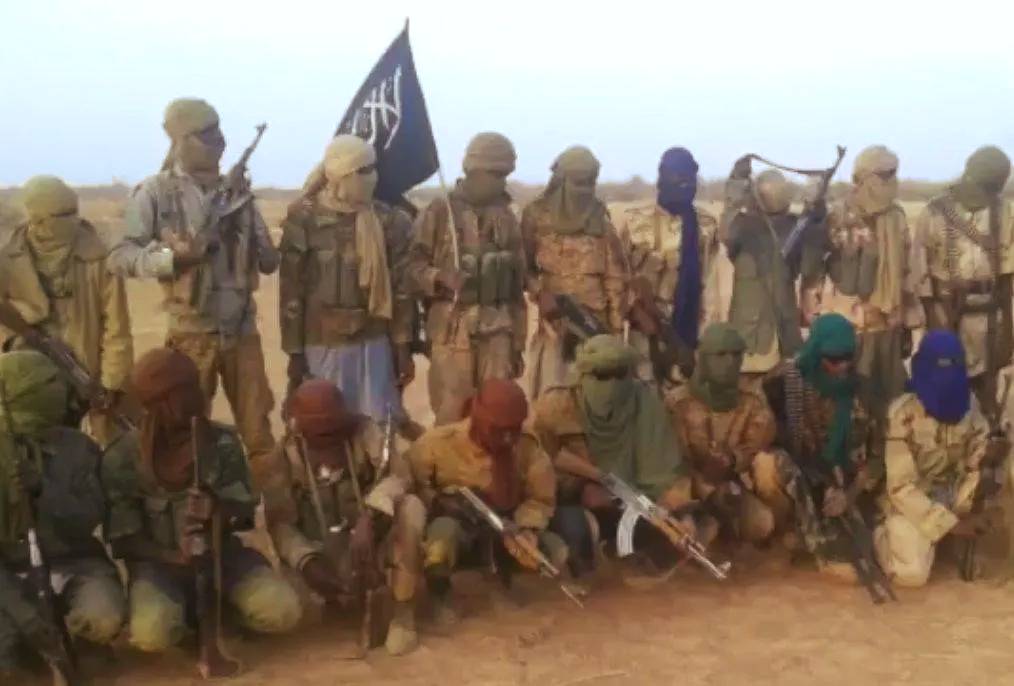
This policy has only emboldened JNIM, evidenced by signs that it is positioning itself to become the next Hay’at Tahrir al-Sham (‘HTS’), the Islamist group that overthrew the Assad regime in Syria. Recently, it removed any reference to Al-Qaeda from its logo, and one of its leaders, Amadou Koufa, refused to answer any questions at all about Gaza in an interview this year. Evidently, he hopes that with a beard trim and a new suit he might be welcomed into the respectable company of the UN as a Jihadi-turned-statesman, like Syria’s Al-Sharaa.
In effect, the West and its allies are knowingly pushing Mali and the AES to the brink of collapse in order to protect their spheres of influence, and give the African masses a harsh lesson that ‘there is no alternative’. For the imperialists, it is a case of ‘rule or ruin’. But for neighbouring African states to collaborate with the destabilising of their own region only highlights the utterly reactionary and short-sighted character of the African ruling classes.
Russian support
Mali turned to Russia for military support and investment because it seemed to offer an alternative to the humiliation and interference that always came with western ‘aid’ and ‘co-operation’. But Russia has failed to plug the gap left by the withdrawal of French and UN forces.
Wagner mercenaries recently left on acrimonious terms, having killed more civilians than Islamist fighters. This is in part due to military defeats in which the mercenaries sustained heavy losses, exacerbating tensions with Malian forces. But importantly, the breakdown in the relationship between Wagner and the Malian state also reflects a simmering conflict over mining rights.
Wherever Wagner has intervened in Africa, it has acquired economic assets such as mining or logging rights. However, in Mali, the nationalist government has repeatedly blocked Wagner’s attempts at establishing itself in the lucrative gold mining sector. Evidently, the Russian mercenaries decided it wasn’t worth the trouble, announced ‘mission accomplished’, and left.
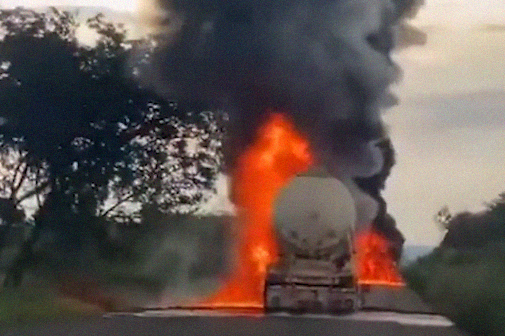
Russia’s Africa Corps has retained around 1,000 troops in the country, but these are mainly focused on training and logistical support. Considering the fact that JNIM has succeeded in tightening its blockade over the last few weeks, it is evident that this level of military support will be insufficient to turn the tide.
Russia has announced that it will come to the aid of Bamako, having signed an agreement to deliver up to 200,000 tons of petroleum and agricultural products on 27 October. However, to date there is no credible evidence to suggest that even the first instalment of these deliveries has crossed over into Mali, and time is running out.
Turning point
The situation is critical. It is unlikely that JNIM would be capable of capturing Bamako and governing the country itself at this time. However, it is probable that should the blockade continue, the pressure and resulting demoralisation could produce a new coup, and a government that is open to negotiation, on the Islamists’ terms.
Since 2021 the majority of the Malian population have continued to support the regime, in spite of the crisis gripping the country, because it offered the hope that they could drag their country free from backwardness and oppression. But eventually a point will be reached when they no longer believe the government can succeed.
Further, there is evidence of cracks emerging within the military. A wave of arrests has taken place, in order to shore up the faction loyal to Goïta.
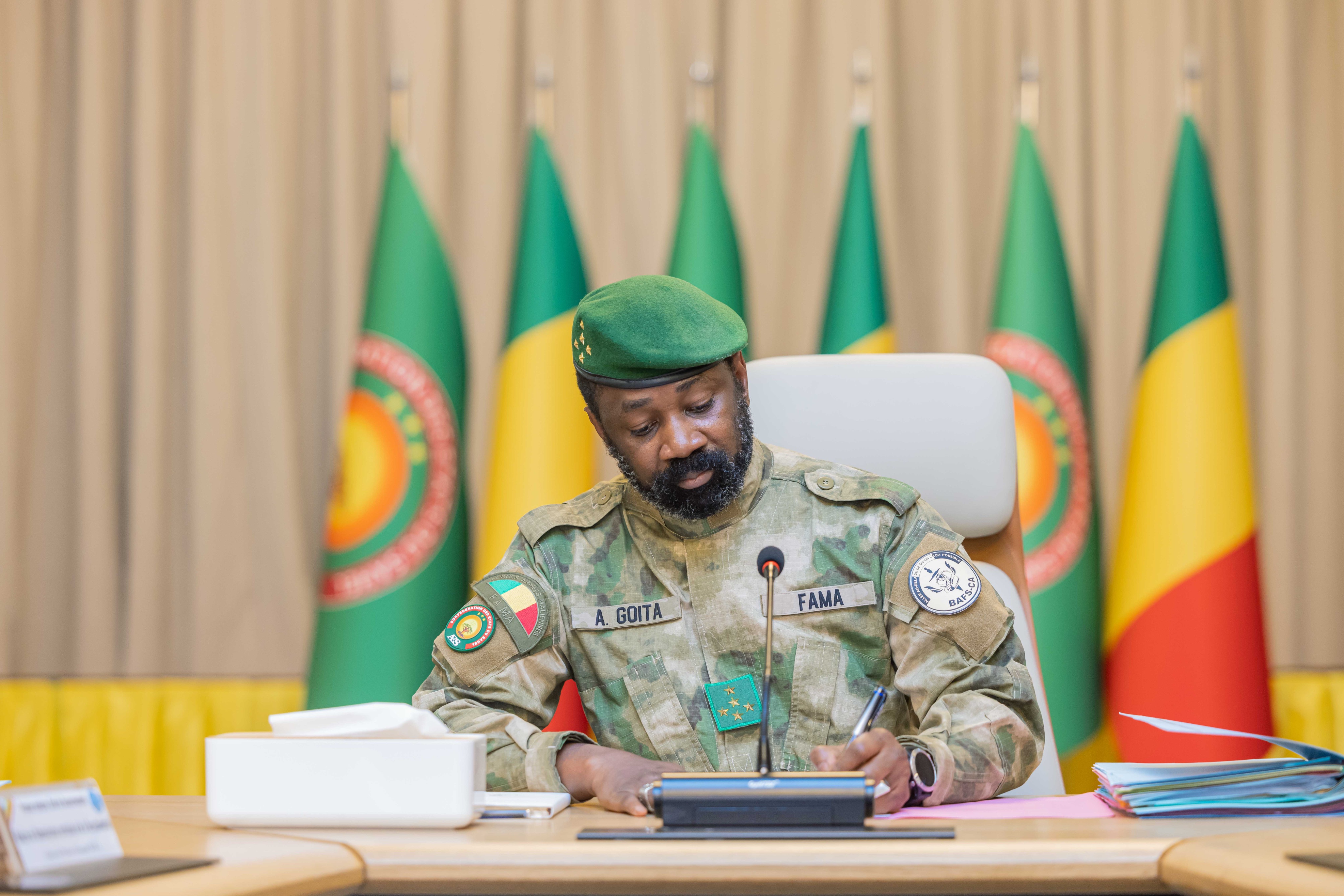
Even if Goïta stays in power, this solves nothing. JNIM has its hands around the neck of the state and is slowly but surely choking it. Eventually Goïta himself would have to negotiate, and these negotiations would be on the Islamists’ terms.
Any agreement with JNIM would also necessarily result in it retaining control over most if not all the territory it has captured so far. Already, the rebel-held areas function as a parallel state in much of the countryside, taking zakat (tax), and applying Sharia law. Women travelling outside Bamako must wear head coverings on public transport or face punishment by whipping. One of the demands raised by JNIM is the imposition of Sharia law nationwide.
So far the government has refused to negotiate with the Islamists on a national level, but last month it authorised local communities to negotiate with JNIM, likely reflecting the state’s loss of control in those areas.
If the promised Russian aid should arrive, this would provide the state with a lifeline, but on its own it would not reverse the situation in the countryside. Further, Russia will expect a return on its investment, meaning greater access to Mali’s resources on more favourable terms than that which the state had previously offered.
It must be stated bluntly, without a dramatic change in the situation, the Goïta regime in Mali is facing defeat. And this defeat will be felt throughout the region.
Reactionary consequences
The fall of the Goïta government, or any agreement struck between Mali and JNIM, would have immediate reactionary implications in neighbouring Burkina Faso and Niger. It would effectively represent the departure of Mali from the Alliance of Sahel States, which was formed primarily to defeat groups like JNIM.
Worse, freed up from combat with the Malian army, JNIM would be able to apply even more pressure on the Bukinabe capital, Ouagadougou, which is also at risk of encirclement.
Unsurprisingly, the western media are striking a triumphalist tone. Presumably they are hoping for a ‘return to normal’ after these recalcitrant states have been taught a lesson, along with anyone else getting big ideas about ‘sovereignty’. It will not take long for their arrogant stupidity to be exposed.
Mali sits at the heart of West Africa. It borders seven countries. The establishment of an Islamist state, either de facto or de jure, in Mali would have an enormously destabilising effect throughout West Africa and beyond.
First, any victory for the Islamists will pave the way for further instability and violence within Mali. Several times in the past, groups affiliated to Al-Qaeda and Islamic State have clashed over territory and loot. Without sustained pressure from the Malian military, this conflict will re-emerge on an even greater scale.
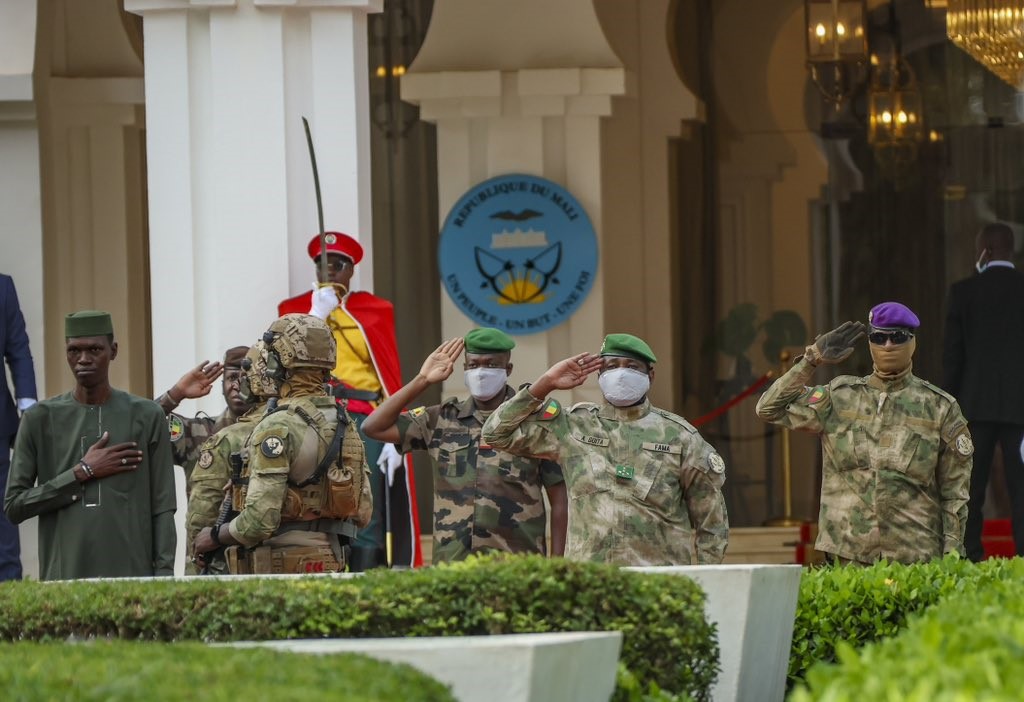
JNIM itself is not a centralised army but a loose coalition of armed groups, often based on different ethnic groups. The two most important of these groups are Ansar Dine and the Macina Liberation Front, which are dominated by Tuaregs and Fulani respectively.
Added to this, local armed militias would likely continue to resist the Islamists, leading to an escalation of violence across ethnic lines. Already, Fulani are targeted on suspicion of being Islamists. Likewise, secular Tuareg nationalists have already clashed with the Islamists and would likely pull towards separation from the rest of Mali.
In short, the victory of the Islamists would be a prelude for the dismemberment of the country, which would likely pull in neighbouring countries, as they seek to consolidate their interests along the border – just like Syria after the fall of Assad.
Beyond Mali’s borders, the establishment of a solid Islamist base in the country will inevitably mean more attacks in the coastal West African states. In April 2025, 54 soldiers were killed by JNIM in Benin, for example. Even more remarkable were reports that on 28 October JNIM claimed its first attack on Nigerian soil, near the Benin border.
These countries may not be as poor or as isolated as Mali but they are still vulnerable, and the population of their remote areas can expect nothing but insecurity and horror so long as this sick capitalist system survives.
What is to be done?
We must make a sober analysis. The solution to this crisis cannot be found within Mali alone, nor even within the AES. In truth it is not to be found within any single nation.
The working class is the only force capable of helping the people of Mali out of this nightmare. The seizure of power by the working masses in the more developed coastal countries, particularly the likes of Ivory Coast, Ghana or Nigeria, could dramatically transform the situation.
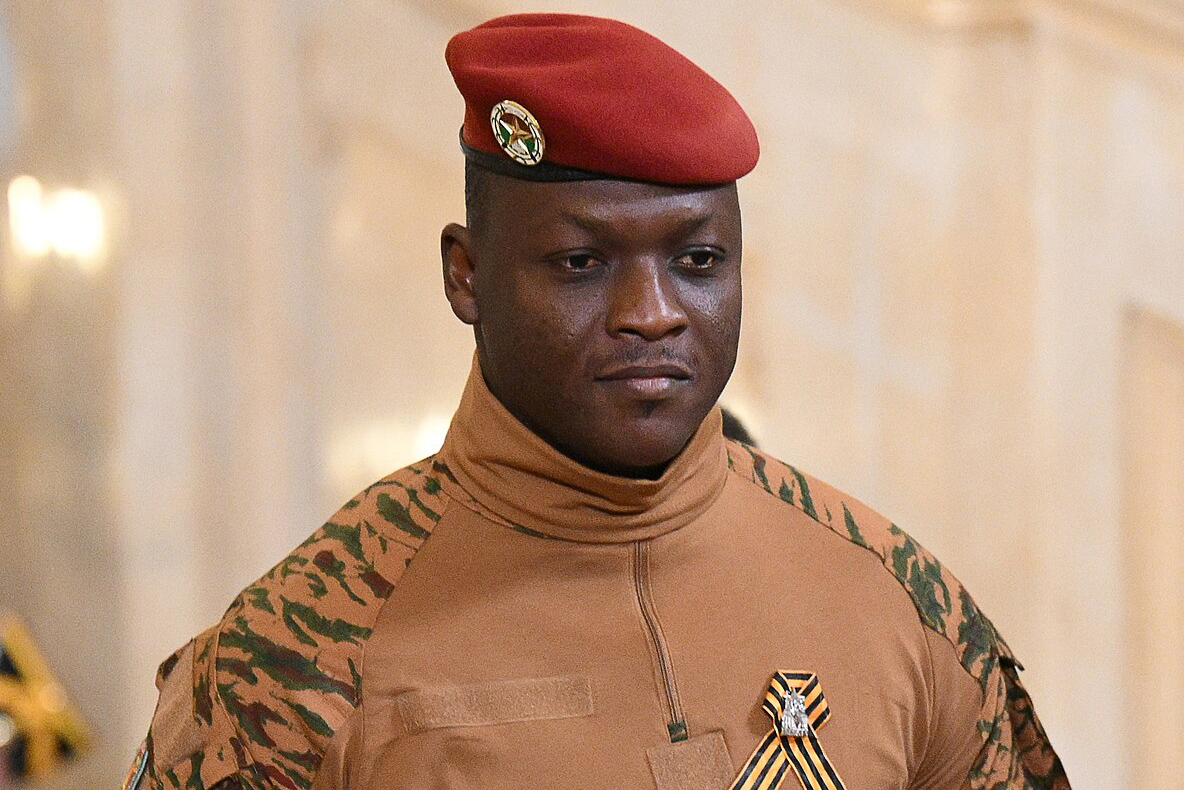
In the short term, a West African workers’ state would immediately break the isolation of the Sahel and fight alongside Malian forces to secure essential supply routes. More fundamentally, the expropriation of the corrupt local capitalist class would cut off the financial lifeline for the Islamists, paving the way for the democratic, planned development of the economy.
The response of millions to the revolutionary language of the Burkinabe leader, Ibrahim Traoré, and the wave of uprisings we have seen recently, shows the enormous potential for revolution that exists all over Africa. The victory of the workers and peasants in one country would set off a revolutionary wave that would threaten to topple capitalism throughout the entire region.
Only on this basis, not simply of military co-operation but the integration and planned development of the region under a Socialist Federation of West Africa, the scourge of Islamist terror could finally be extinguished and the lives of the masses of these countries could be transformed beyond recognition
But there is another element that must be drawn out. The imperialist powers continue to hoard the capital and technology required for the rapid development of the ex-colonial countries. The experience of Mali and many other countries shows that the imperialists offer aid and investment only to help themselves. The economy must be placed in the hands of the workers of these countries to open the way for genuine international co-operation.
In Europe the ruling class is facing its deepest ever crisis. The powerful working class is beginning to move. The potential to join the African and European Revolutions has never been greater.
But what is required for all of this is a revolutionary party capable of leading the workers to victory. This was lacking in Mali. It was lacking in Sudan in 2019. The result has been barbarism.
In much of the Sahel today the conditions make it extremely difficult to build up such a party, although there are Marxists valiantly striving towards this end.
In the rest of the world we must draw the conclusions: the continuation of capitalism is preparing a catastrophe for the whole of humanity. Only the construction of strong revolutionary parties of the working class, that have absorbed the lessons of the past, can offer an alternative, towards a socialist future. We can win this fight, but the crisis in the Sahel shows the stakes.

